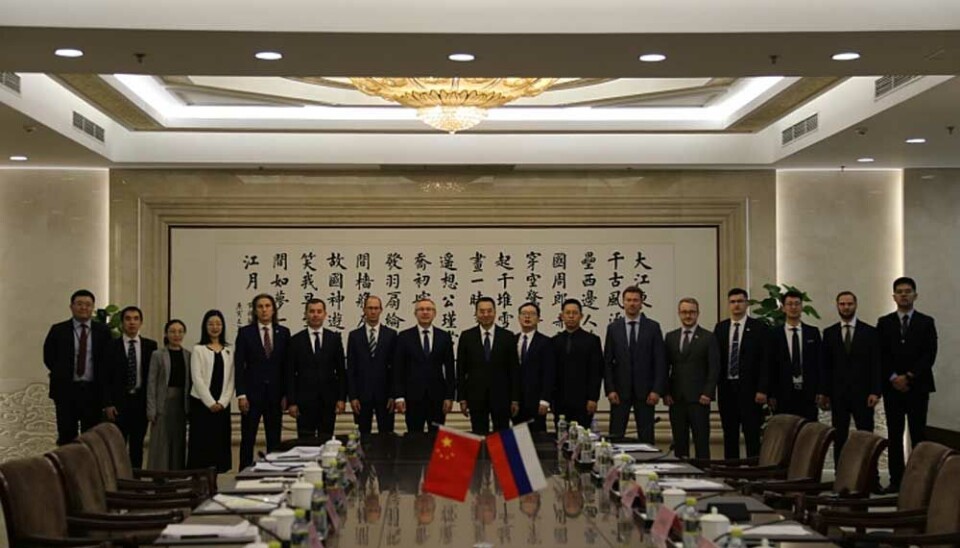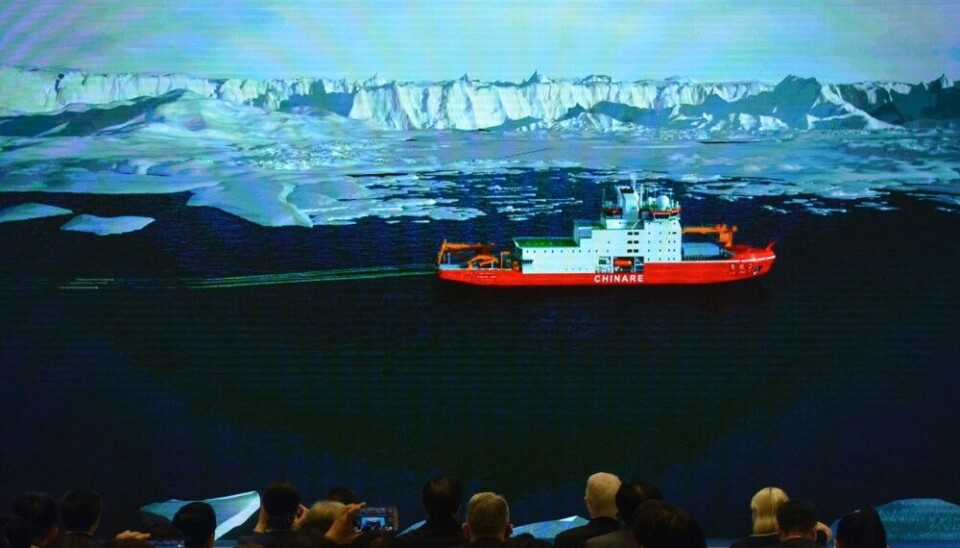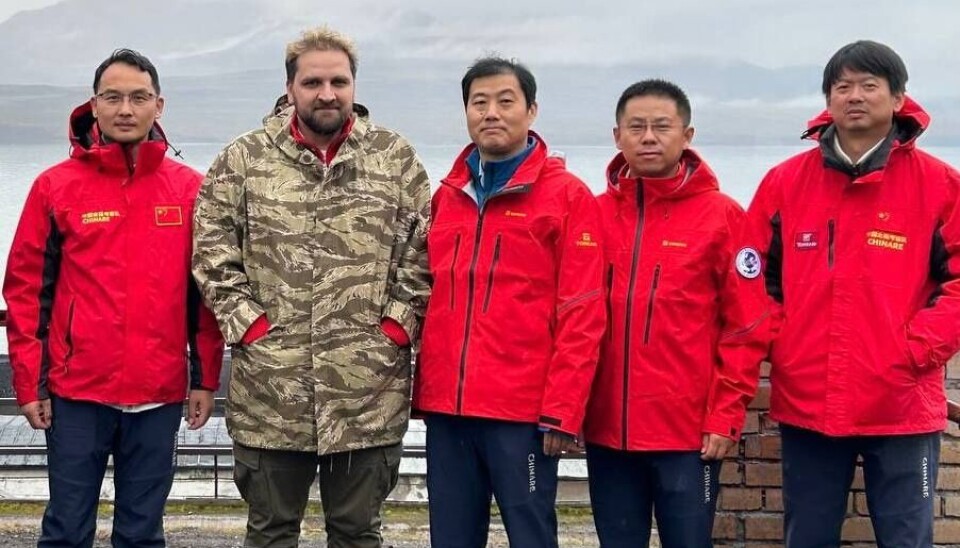Following landmark Chinese visit to Moscow, foreign ministries step up bilateral talks on Arctic
Beijing and Moscow express interest in a strengthening of Arctic cooperation “under the new geopolitical conditions” and in the “spirit of a comprehensive strategic partnership.”

Chinese top diplomat Ma Xinmin was host for last week’s bilateral meeting on the Arctic. The Russian side was headed by Nikolai Korchunov, the diplomat that until recently was Ambassador at large for Arctic affairs.
“For both sides, the Arctic is a high priority in development of national interests,” a statement from the Russian MFA reads.
On the agenda in Beijing was also cooperation in the field of Arctic energy, investments, research, transportation, and especially the Northern Sea Route. In addition, the two sides discussed cooperation in the Arctic Council.
“Bilateral cooperation on these and other issues on the Arctic agenda will continue to grow stronger,” the Russian MFA informs.

It was not the first meeting of its kind. But the foreign ministries’ so-called bilateral consultations on the Arctic might have gained significance following the recent talks between Chinese Prime Minister Li Qiang and Russia’s Mikhail Mishustin.
The two prime ministers met in Moscow in August for a 29th intergovernmental Chinese-Russian meeting. During the talks, a total of 16 bilateral plans and MOUs were signed. Also the Arctic was on the agenda, a joint communique shows.
The document includes an ambition to strengthen cooperation on Arctic shipping and building of specialised Polar vessels. It also highlights the Northern Sea Route as alternative route for international shipments.
Relations between China and Russia are experiencing an unprecedented boost across a wide range of sectors of economy, politics and society.
Similarly, the two countries strengthen military cooperation, and joint exercises and meetings between military men are increasingly common. Last month, the two countries’ navies together trained in the Sea of Okhotsk as part of Russia’s exercise Ocean-2024.
Also in the Arctic, the Chinese presence is increasingly evident. In early September, China’s icebreaker Xue Long 2 made a historical visit to Murmansk. Through this year’s summer season, several Chinese ships, including container carriers, have shuttled on the Northern Sea Route. That includes also the sister ships of NewNew Polar Bear, the notorious vessel operated by Chinese-Russian company Torgmoll.

The Chinese have also paid visits to Barentsburg, the Russian settlement on the Norway’s Svalbard archipelago, and expressed interest in plans for a new international BRICS research center in the area.

China is by far the strongest and most powerful of the two parts, and it is hardly remarkable that Russian PM Mishustin and his fellow government representatives looked puzzled, uncomfortable and at unease as Prime Minister Li Qiang outlined China’s position on relations.
According to the government leader, China sees relations with Russia as beneficial for its development.
“Today, in the difficult and quickly changing international situation, the Chinese side is ready to firmly move forward together with Russian partners with orientation on the strategy of our leaders and in the spirit of mutual respect, mutual trust based on many centuries of friendship, mutual benefits, and lift our diverse cooperation to a higher level to the benefit of our peoples, to the benefit of equality and for justice in the whole world,” Li Qiang said in his address to the Russian hosts.
Located in Kirkenes, Norway, just a few kilometres from the borders to Russia and Finland, the Barents Observer is dedicated to cross-border journalism in Scandinavia, Russia and the wider Arctic.
As a non-profit stock company that is fully owned by its reporters, its editorial decisions are free of regional, national or private-sector influence. It has been a partner to ABJ and its predecessors since 2016.